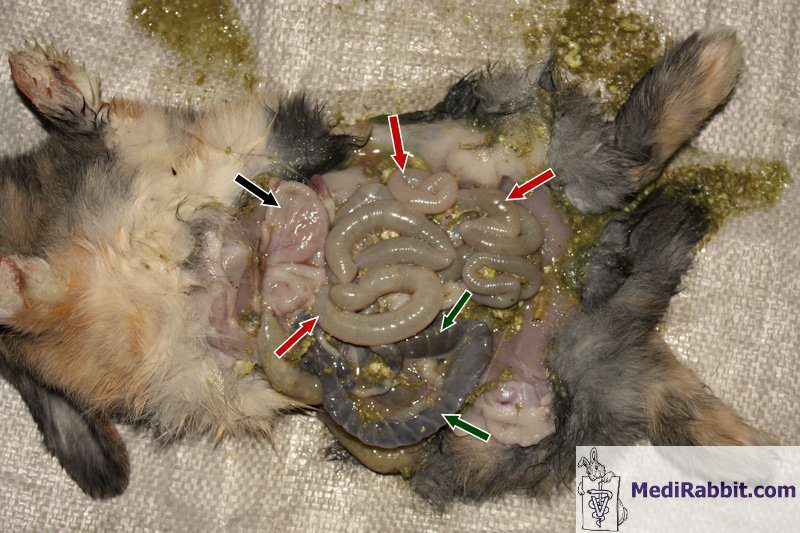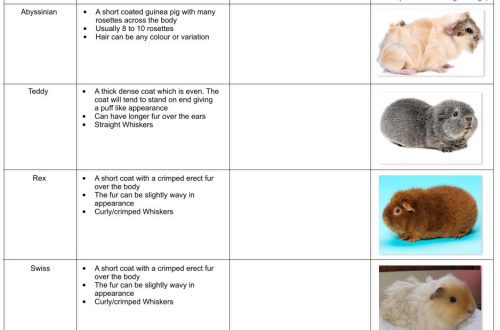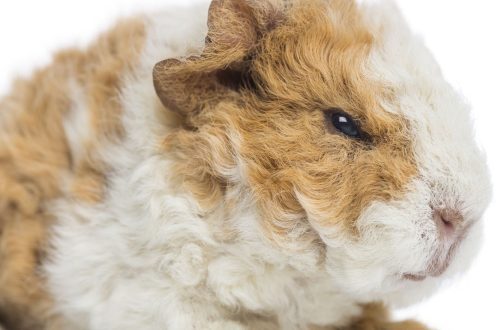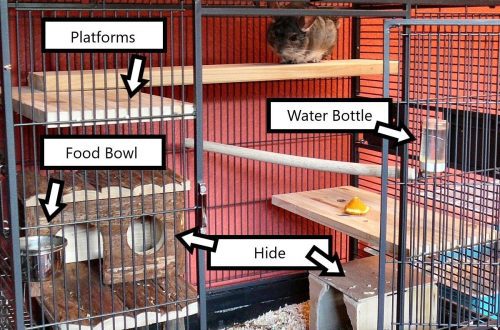
Gastrointestinal problems and bloating in rabbits
Gastrointestinal disorders and bloating in decorative rabbits are quite common. The causes and symptoms of ailments can be different, but we will talk about the most common of them, as well as preventive measures, in our article.
Our pets, just like us, experience the devastating effects of stress and unbalanced nutrition. This is the main cause of bloating and problems with the gastrointestinal tract.
According to statistics, such ailments are more common in animals that have undergone severe stressful situations (for example, transportation over long distances) or in rabbits when transferred to adult food.
But the most common cause, of course, remains the wrong diet.
Rabbits are herbivores, in nature they feed mainly on grasses, hay, plant stems, etc. Plants contain exactly the fiber that is best absorbed by the body of herbivorous rodents and which is most useful for them. Therefore, the diet of a rabbit at home is desirable to build in accordance with this feature, it should be as close as possible to the pet’s natural food. But it is better to refuse a large number of cereals, legumes, cabbage, alfalfa, etc.
Any (even seemingly minor) changes in the diet can lead to digestive problems. Treating a treat, eating from a human table, switching to a new food – all this can cause bloating and upset the digestive tract.
The following symptoms indicate bloating and malfunctions in the digestive tract:
– stool disorders (constipation, diarrhea),
– flatulence,
– loss of appetite
– drop in temperature
– shiver
– anxiety,
– stiffness of movements, lethargy.
The above symptoms can appear both together and separately. Due to discomfort, the rabbit becomes very shy. He can not leave his house for days and not be given into hands.
If you notice the above signs in your pet, be sure to contact your veterinarian. He will diagnose and prescribe treatment.
Do not treat the rabbit yourself. You can misdiagnose the problem and only make things worse.
As a prevention of bloating and problems with the gastrointestinal tract, it is enough to adhere to three points:
– Minimize pet stress
– ensure the availability of fresh and clean drinking water;
– Provide a balanced diet and do not violate it.
And if everything is clear with the first two points, then we can talk about the last one in more detail.
If you decide to feed your pet with natural products, you need to carefully assess the risk. With a natural type of feeding, it is almost impossible to perfectly balance the diet. You have to study what foods a rabbit can or cannot, and in what quantity, as well as introduce additional vitamin and mineral supplements into the diet.
In the case of balanced ready-made diets, this is not necessary. Quality complete feed for rabbits includes everything necessary for growth and development. In addition, they are very convenient to use, as they do not require cooking. The main thing is to choose the optimal line.
As we noted above, rabbits are herbivores and are best suited for a 2nd cut hay based food (eg Micropills Dwarf Rabbits). The hay of the 2nd cut contains the optimal amount of fiber – exactly the one that is useful for herbivorous rodents.
To exclude the pet’s food selective behavior, that is, to prevent the rabbit from choosing the same feed components over and over again and ignoring others, purchase a diet in pellets (granules). This way you can be sure that your rabbit is getting exactly the amount of healthy nutrients that his body needs every day.
Lack of stress, proper nutrition and always available drinking water are the main fighters with bloating and malfunctioning of the gastrointestinal tract.
If you failed to save the rabbit from problems, be sure to contact a veterinarian and, after treatment, proceed to prevention.
Health to your pets!





